 To help and support our clients we are providing a limited number of 250 daily discount codes. Hurry, first come, first served!
To help and support our clients we are providing a limited number of 250 daily discount codes. Hurry, first come, first served!
Agile Training FAQs

Why we're the go to training provider for you

Best price in the industry
You won't find better value in the marketplace. If you do find a lower price, we will beat it.

Trusted & Approved
We are accredited by PeopleCert on behalf of AXELOS

Many delivery methods
Flexible delivery methods are available depending on your learning style.

High quality resources
Resources are included for a comprehensive learning experience.




"Really good course and well organised. Trainer was great with a sense of humour - his experience allowed a free flowing course, structured to help you gain as much information & relevant experience whilst helping prepare you for the exam"
Joshua Davies, Thames Water



Looking for more information on Agile Training
 Top 40+ Agile Interview Questions and Answers for 2025
Top 40+ Agile Interview Questions and Answers for 2025 Agile Coach Salary: Maximize Your Earnings
Agile Coach Salary: Maximize Your Earnings Agile Project Manager Roles and Responsibilities: Key Roles
Agile Project Manager Roles and Responsibilities: Key Roles What is Agile Project Management? Understanding the Fundamentals
What is Agile Project Management? Understanding the Fundamentals What is Agile Methodology and How is it Used?
What is Agile Methodology and How is it Used? Who is an Agile coach? A Detailed Guide
Who is an Agile coach? A Detailed Guide Kanban vs Agile: Choosing the Best Approach for Your Team
Kanban vs Agile: Choosing the Best Approach for Your Team PRINCE2 vs Agile: What’s the Difference?
PRINCE2 vs Agile: What’s the Difference? What is an Agile Business Analyst?
What is an Agile Business Analyst?






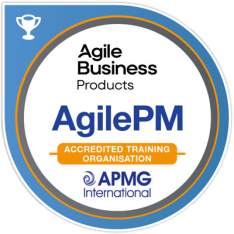



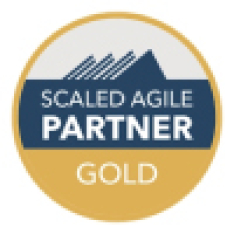

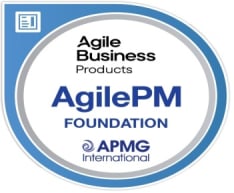
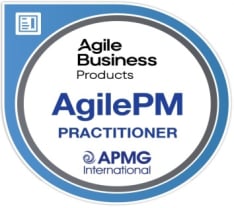
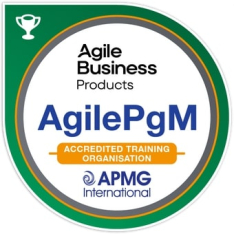

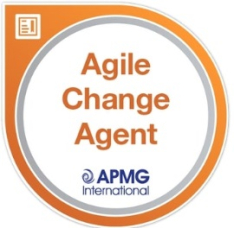


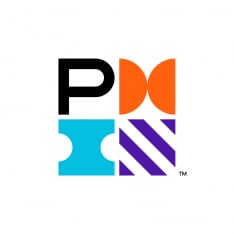





 If you wish to make any changes to your course, please
If you wish to make any changes to your course, please


